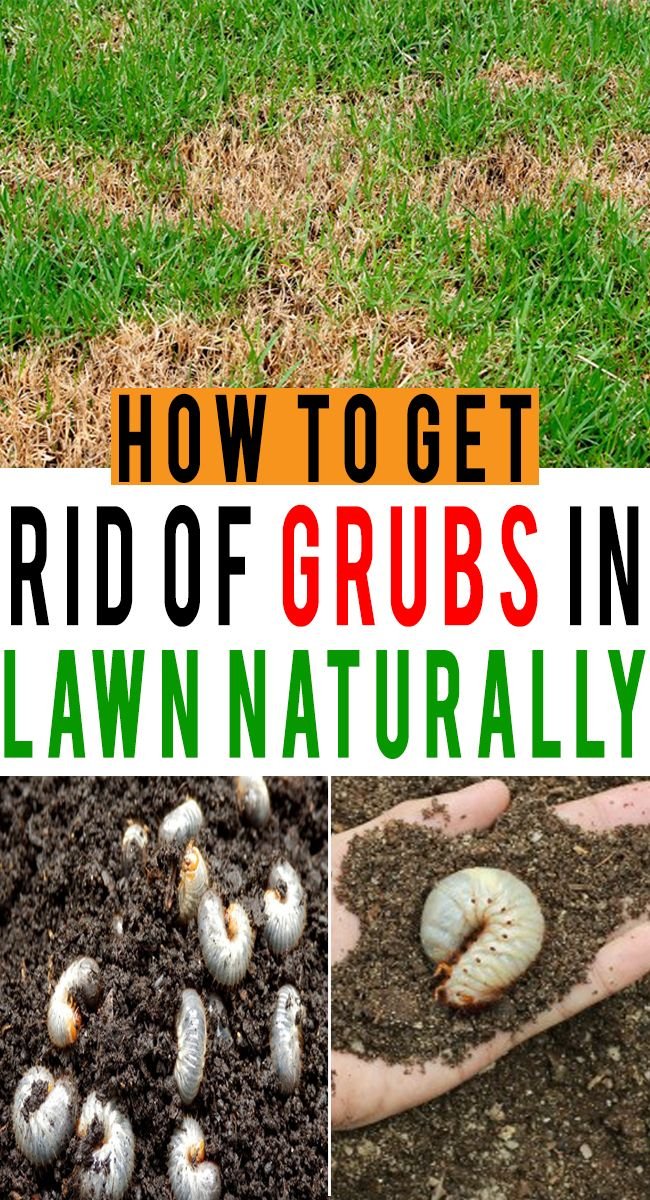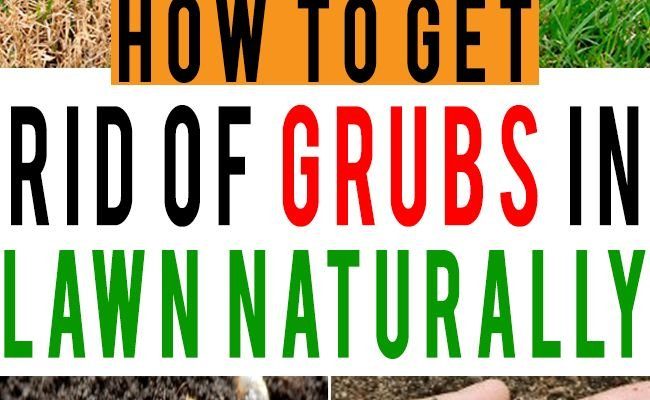
So, how can you manage those pesky grubs while dealing with your yard waste? Here’s the thing: it’s all about being proactive. With a little knowledge, you can ensure that your gardening efforts don’t turn your yard into a larvae buffet. So grab your coffee, and let’s dig into the best practices for avoiding the spread of grub worms through yard waste!
Understanding Grub Worms
Before we tackle how to keep grub worms at bay, let’s take a moment to understand exactly what they are. Grub worms are the larvae of various beetles—think Japanese beetles or June bugs. These tiny larvae love to munch on grass roots, which can lead to brown patches and even dead patches of turf if left unchecked. You might notice the signs of grub damage when your lawn feels spongy underfoot or when birds are suddenly more interested in your yard.
Grubs thrive in warm, moist conditions, often hiding in the soil beneath the surface. They can multiply quickly, especially if you’re not aware of the conditions that support their growth. A well-balanced lawn with good drainage can deter them, but if you start throwing in yard waste without care, you might just be setting the stage for a grub worm infestation.
Why Yard Waste Can Be Problematic
You might be wondering, “What’s the big deal with yard waste?” Well, when you toss grass clippings, leaves, or plant debris onto a compost pile or even directly into your garden, you might inadvertently introduce grubs. Here’s why that can be an issue:
- Hidden Infestations: Yard waste can harbor developing larvae. If you’re using grass clippings from an infested area, you could be transporting those pests right into your garden.
- Moisture Retention: Piles of yard waste can create a perfect environment for grubs, providing not just food, but also warmth and moisture—just what they need to thrive.
- Attracting More Pests: Leaving piles of debris can attract more beetles to lay eggs in your yard, leading to even more potential grubs later on.
To sum it up, yard waste needs to be treated with care. You don’t want to unintentionally invite trouble into your garden when all you’re trying to do is tidy up!
Best Practices for Managing Yard Waste
Now that we understand the risks, let’s explore some strategies to manage your yard waste without spreading grub worms. Here are some best practices to keep in mind:
1. Inspect Before You Toss
Before tossing any yard waste into your compost bin or garden, give it a thorough inspection. Look for any signs of grubs or beetles on the plant material. If you notice anything suspicious, it’s best to dispose of that waste in the trash rather than risk spreading potential infestations.
2. Compost Wisely
If you’re planning to compost your yard waste, ensure it’s done correctly. A hot composting method, where temperatures reach between 130°F to 160°F, can kill off grubs and their eggs. You can achieve this by:
- Mixing green and brown materials.
- Turning the compost pile regularly to aerate it.
- Keeping it moist, but not soggy.
Creating a hot compost pile keeps your yard waste from becoming a breeding ground for grubs.
3. Use Mulch to Your Advantage
Instead of just tossing yard waste, consider using it as mulch. But here’s a tip: ensure it’s well-aged and from a healthy source. Fresh clippings should be allowed to dry out before using them as mulch. This prevents any potential grubs from getting a free ride into your garden. Mulching can also help retain moisture in the soil and suppress weeds—just another bonus!
4. Timing is Everything
Timing plays a crucial role when it comes to yard waste management. Late summer is when grubs are usually in their prime. So, if you’re cleaning up during this period, be extra vigilant. After late summer, it’s safer to handle yard waste as the grubs begin their pupation process. In this way, you can prevent the introduction of new larvae into your garden.
Biological Control Methods
If you’re already grappling with grubs in your yard, consider some natural control methods to keep them in check. Sometimes, nature holds the best solutions:
- Nematodes: These microscopic worms are natural enemies of grubs. You can purchase beneficial nematodes at your local garden center and introduce them to the affected areas of your lawn.
- Beneficial Insects: Ladybugs and lacewings can help by preying on beetles. Encouraging these insects in your garden can support a healthy ecosystem.
Using these biological methods can help keep grub populations under control without the use of harsh chemicals.
Monitoring Your Lawn
Even with all these preventative measures, staying vigilant is key. Regularly check your lawn for signs of grubs or damage. This can include:
- Brown patches in your lawn.
- Increased bird activity, as they forage for grubs.
- Soft or spongy feel when walking on the grass.
If you notice any of these signs, you may need to take more proactive measures to combat the problem before it escalates.
Avoiding the spread of grub worms through yard waste is all about awareness and care. By understanding what grubs are and how yard waste can unintentionally harbor them, you can take practical steps to keep your garden safe. Properly inspecting yard waste, using hot composting methods, and keeping an eye on your lawn will help you prevent these little nuisances before they take hold.
You’ve got this! By being proactive and mindful, you can protect your garden from grub worms and continue to enjoy a thriving outdoor space. Remember, healthy yard waste management is your first line of defense in maintaining a beautiful lawn. Happy gardening!

